Cigar Tip: Cigars on a Plane
6 Nov 2018
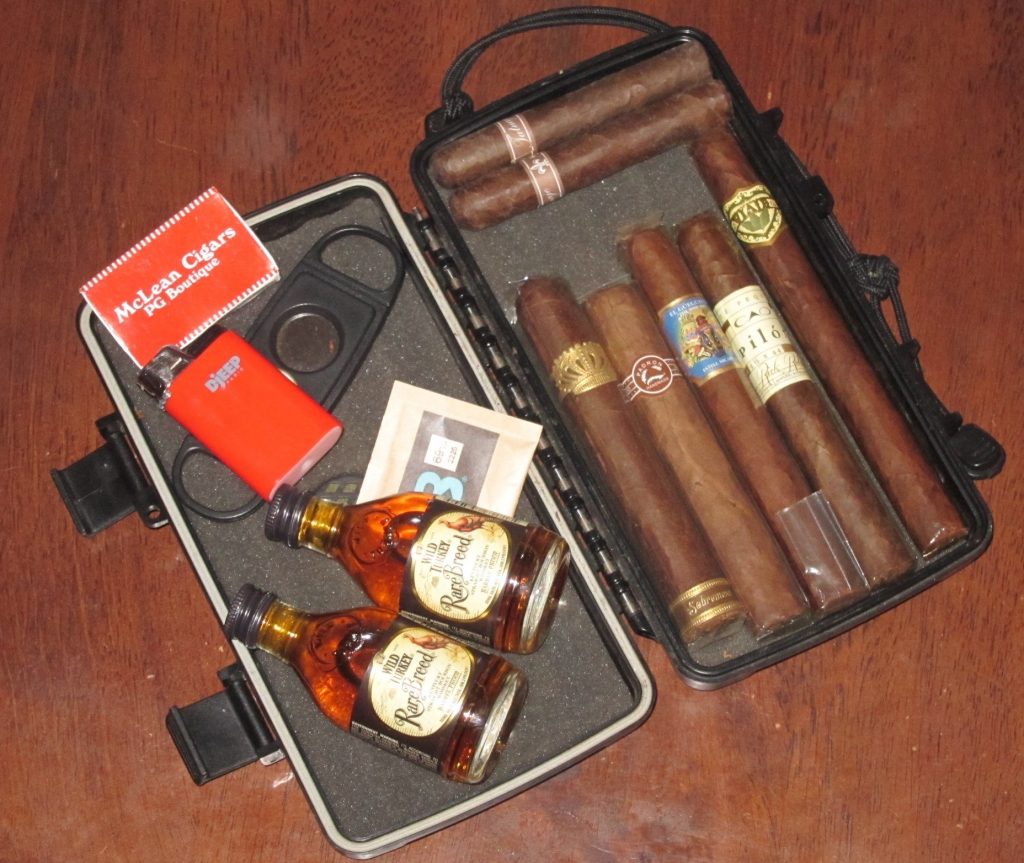
If you’re reading this and will be traveling for vacation or work, you’ll probably want to take some cigars, especially since traveling may mean a lack of access to cigars (or a lack of access to the authentic cigars you want to smoke).
And even if you think you’ll pick up some cigars on your trip, bringing a few along for the ride is probably a good idea. So here are some tips to make your air travel with cigars smoother.
Protect Your Cigars
Plane travel can be a traumatic experience for cigars, between the pressurized air and the fact that your bag is probably going to be forcibly jammed in the overhead bin or under the seat in front of you. (Don’t check your cigars, as the cargo hold of the plane can have some pretty extreme temperature changes that can do serious damage.) The natural solution is a hard plastic cigar case like those made by Xikar or Cigar Caddy. Each comes in anywhere from a five to fifteen-count, or sometimes more.
If you don’t have a case, or if you can’t fit all the cigars you want to bring in the case you have, a sealed Ziplock bag will do fine. But you’ll want to put the bag in a hard tube or box to make sure they don’t get crushed. If you are traveling for more than few days, throw a small Boveda pack in with your cigars to help stabilize and maintain proper humidity.
Bring a Lighter, Avoid Confiscation
Torch lighters are great, but the TSA will take them from your carry-on or checked luggage. Trust me on this. I’ve accidentally left them in my bag and had them confiscated. But you can bring a soft flame lighter in your carry-on. You can also bring a single box of matches. So I like to stuff one box of wooden matches to the brim as a backup. (Or, more likely, one in each of my carry-on luggage pieces.)
My go-to soft flame lighter is the Djeep, which is dependable and has decent capacity. It’s also cheap, so if some ornery TSA agent on a power-trip takes it you won’t be too upset. (Every year or two I buy a 24-pack.) If you really want a torch lighter, you might consider a Soto Pocket Torch, which can convert a regular cheap lighter into a torch. But bring the lighter in your carry-on and leave the Soto in your checked bag to make sure it isn’t confiscated.
Also, for all lighters and matches, know that other countries might have different rules. (Nicaragua, of all places, is known for taking all lighters when you depart from Managua. On the other hand, I’ve brought Ronson JetLite torches through U.S. TSA security multiple times.) So no matter what you bring, make sure it is something that, if push comes to shove, you won’t feel too bad about leaving behind.
Don’t Forget a Cutter
Bringing most cutters on a plane shouldn’t be a problem (according to the TSA, blades smaller than four inches are good to carry on), but you never know how the rules are going to be enforced. So fancy cutters, if you must bring them, should go in checked luggage.
Travel is the perfect time to bring along that cheap cutter you got as a throw-in. And remember: If all else fails, you can always cut your cigar with your fingernail; just don’t use your teeth.
Be Weary of Fake Cubans
Traveling overseas means you’ll probably have access to cigars from that island south of Miami, but don’t assume you’ll easily be able to find legitimate Cuban cigars. For years, Americans have been buying and smoking Cubans overseas, even though this practice violated the Cuban embargo. Now, with restrictions being eased, it is perfectly legal for an American to smoke a Cuban cigar while abroad.
Fake Cuban cigars are everywhere, especially at vacation spots visited frequently by Americans (the Caribbean and Central and South America, especially). The best way to ensure you are buying authentic Cubans is to shop at an official Casa del Habano. Beyond that, here are two easy tips to avoid the most obvious fakes: (1) If the price is too good to be true it is certainly fake, as prices are fixed and nobody’s relative or friend is getting them at a discount straight from the factory; and (2) There has never been any Cuban cigar made with a glass or plastic top box. (I still see pictures of glass top Cohiba boxes in cigar groups on Facebook, only for a dozen or more people to tell the poster the unfortunate news that they were swindled. Repeat after me: All Cuban cigars in a glass top box are fake.)
Carry on Some Booze
Unless you are heading to a country that doesn’t allow alcohol (like Saudi Arabia or Iran), there is nothing wrong with putting a bottle or three in your checked bag. But what is often overlooked is that you can actually carry on booze in small amounts.
When carrying on, alcohol is subject to the same rules as other liquids, meaning no container more than 3.4 ounces and all liquids must fit in a one-quart sized bag. Mini bottles (usually 50 ml.) are well under that limit, and you can fit five or six in one Ziplock. (You can even fill your own 2 oz. sample bottles if you want to bring something special.) If you are planning on cracking these open on the plane, know that most airlines have a rule against alcohol not served by the flight attendants.
–Patrick S
photo credits: Stogie Guys

 1. Arnold Schwarzenegger. Whether you’re going as The Governator or one of his gun-toting movie characters, a big cigar won’t look out of place.
1. Arnold Schwarzenegger. Whether you’re going as The Governator or one of his gun-toting movie characters, a big cigar won’t look out of place.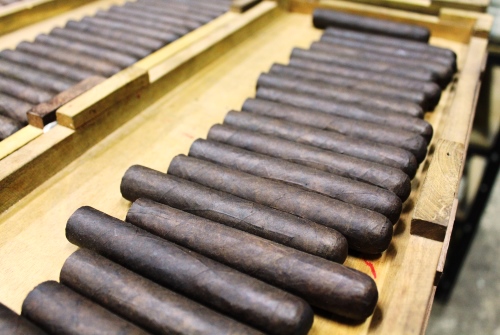
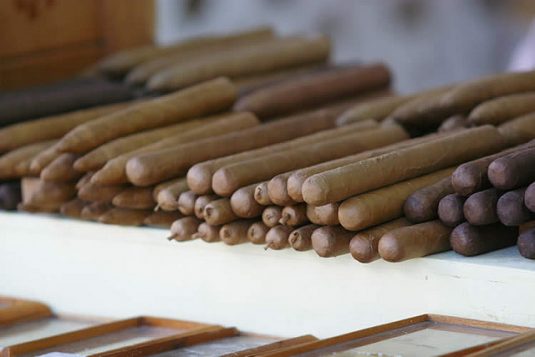

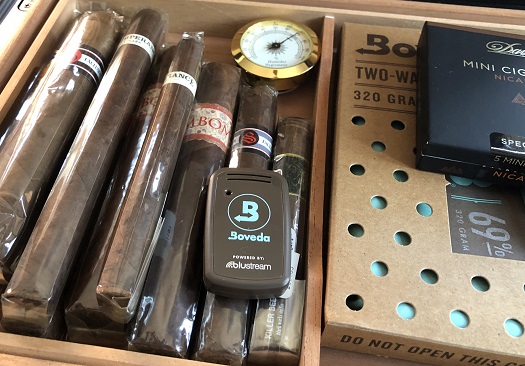

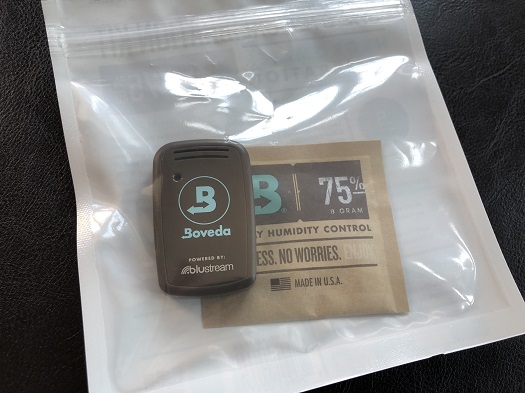
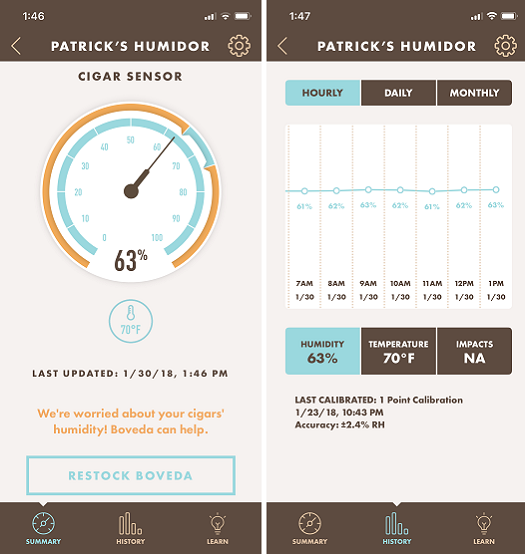

 Patrick Ashby
Co-Founder & Editor in Chief
Patrick Ashby
Co-Founder & Editor in Chief Patrick Semmens
Co-Founder & Publisher
Patrick Semmens
Co-Founder & Publisher George Edmonson
Tampa Bureau Chief
George Edmonson
Tampa Bureau Chief